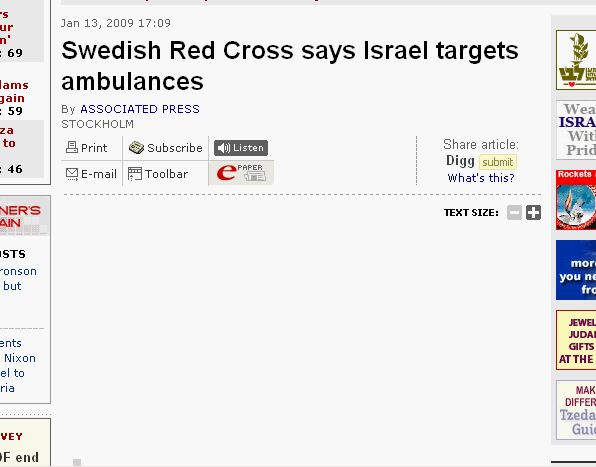I certainly don’t agree with all the views expressed at that site, especially as far as some (tendentially) anti-Semitic, anti-Western and outright anti-American statements are concerned, and supposed parallels with the opposite, e.g. the Western Iraq intervention, and cartoons which are at least to be called stupid. But for people who are suspicious of the Srebrenica myth and who have the impression or the fear that “Srebrenica” could really have something to do with Auschwitz, but in a more intricate way than the mainstream media and many politicians have been trying to tell the public for more than a decade now, it can be a good starting point.
Hitler, in his “political last will”, said that a main mistake of his could have been that he had failed in forging a more audacious alliance with Islam. And it is doubtlessly quite audacious, at least for an International “war crimes court”, to base its assumptions and accusations on dubious testimonies, media propaganda, and at least exaggerated numbers, while isolating the supposed misdeeds (“massacres”) from the context in which they took place, if they happened at all.
In my view, the pattern is exactly the same as in the case of “criticism of Israel” and exactly as dangerous. While the “best” combination of both, as far as I know, can be found in the BBC, where often, when they talk about the Serbs, who supposedly can never be trusted, really seem to be some kind of “Jew substitutes”, whom you may accuse of any kind of immoral behavior without fear of being held responsible for your own immoral deeds or lack of courage, and whom you may humiliate as long as you like, just because, as a raging British soldier told me in the early 1990’s in order to justify his refusal to think by himself: “The whole world is against the Serbs”.

“In Srebrenica at the time we had to protect ourselves from the Bosnian Muslims, rather than protect the Muslims from the Serbs”, Dutch soldiers who served as UN peacekeepers in Srebrenica during the Bosnian civil war said in Belgrade. Photo: Dutch battalion in Srebrenica, 1995.
[…]
Some 15 Dutch soldiers of the former Netherlands battalion stationed in Srebrenica during the Bosnian civil war came to Belgrade on Wednesday, offering to testify in the Hague tribunal on behalf of Dr. Karadzic, a member of Radovan Karadzic’s defense team Milivoje Ivanisevic told Vecernje Novosti.
“We talked about their possible testimony. They stressed that the Serbs did not commit war crimes against the Muslim civilians when they were passing through several dozen of their villages [in Srebrenica municipality] the Dutch soldiers were securing. They came over at their own expense and said they will testify and invite more of their fellow soldiers to testify too. They left Belgrade on Thursday,” Ivanisevic said.
To see how relevant their testimonies would be, Ivanisevic talked to each Dutch soldier who came to Belgrade, individually, about when and where he was and what was he doing. Asked by Vecernje Novosti why haven’t they showed up before to say what really happened in Srebrenica, Ivanisevic said he didn’t pose that question, but added that Dutch soldiers complained there is a complete repression against them in Holland that had lasted for the past 10 years because they are blamed for allegedly “failing to protect Srebrenica”.
“Perhaps the things are finally getting ripe now”, Ivanisevic said. “They told me they came here in apprehension and worried, because they expected to be hated in Serbia just like back home. They said in Srebrenica at the time they had to protect themselves from the Muslims, rather than protect Muslims from the Serbs. Serb Army, according to them, was helping the Muslim women and their children, bringing them food and water”, Ivanisevic conveyed the conversation he had with Dutch soldiers who were stationed in Srebrenica in 1995.


